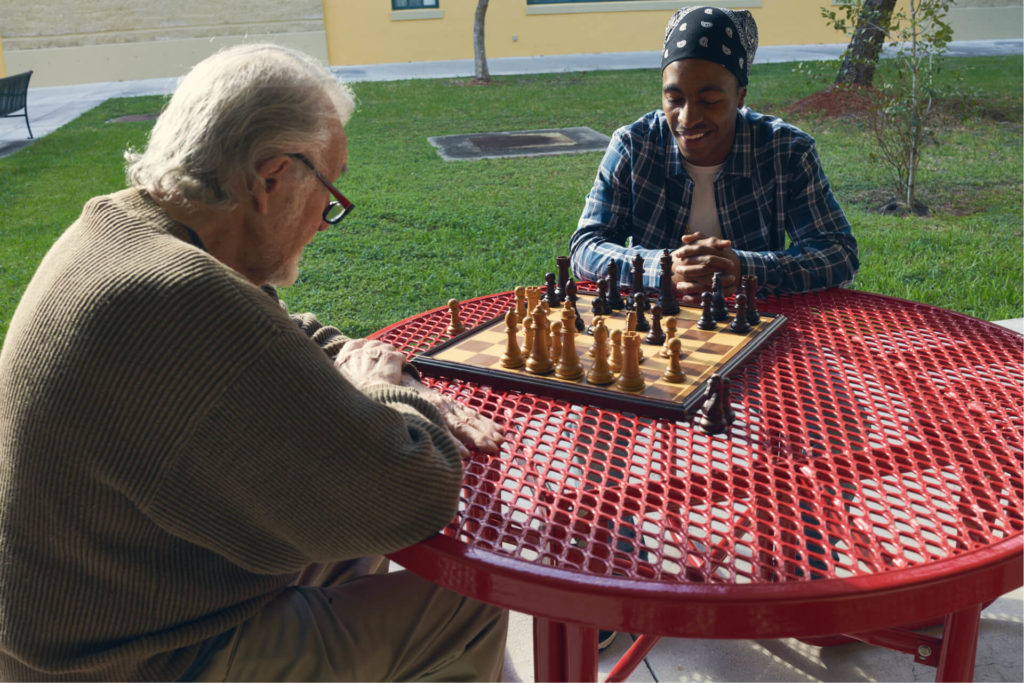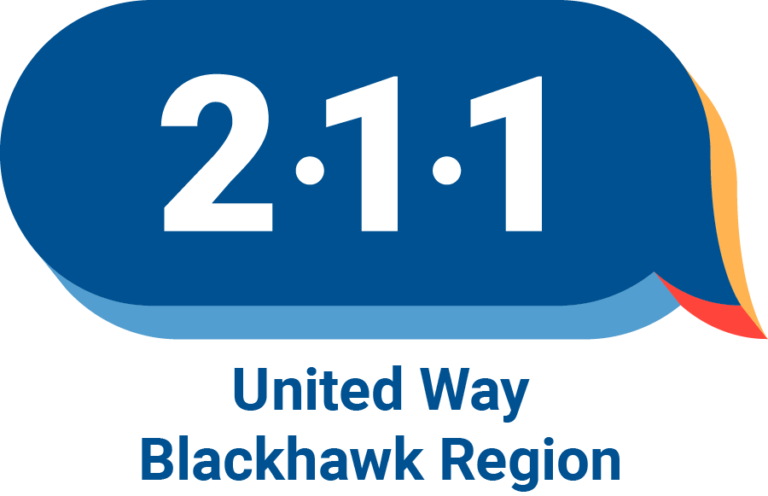
United Way’s Diversity & Inclusion Statement
As a champion for building strong and healthy communities, United Way Blackhawk Region celebrates diversity. We promote an inclusive environment where everyone respects and values the contributions of all people and believe all people should have an opportunity to make an impact in society.
United Way seeks to engage the entire community in our work without regard to race, religion, national origin, ethnicity, age, gender, gender identity & expression, disability, sexual orientation, veteran-status, familial status or socio-economic status.
United Way takes the broadest possible view of diversity, going beyond visible differences to affirm the essence of all individuals including the realities, background, experiences, skills and perspectives that make each person who they are. That commitment will be reflected in all aspects of United Way’s work – service delivery, staffing or volunteer participation.
It is through the collective efforts of individuals in our communities that we create a responsible and vibrant society, one which respects, honors and thrives on the unique attributes of its members.
United Way’s Equity Definition
United Way defines equity as the intentional inclusion of everyone in society.
Anti-Racism and Ethnic Discrimination Statement
United Way Blackhawk Region commits to practices that combat racism and ethnic discrimination. More than ever, strong collaboration between private, public, and nonprofit sectors is critical to drive real change and build resilient communities. We all need to work together effectively to create a stronger Blackhawk Region.




